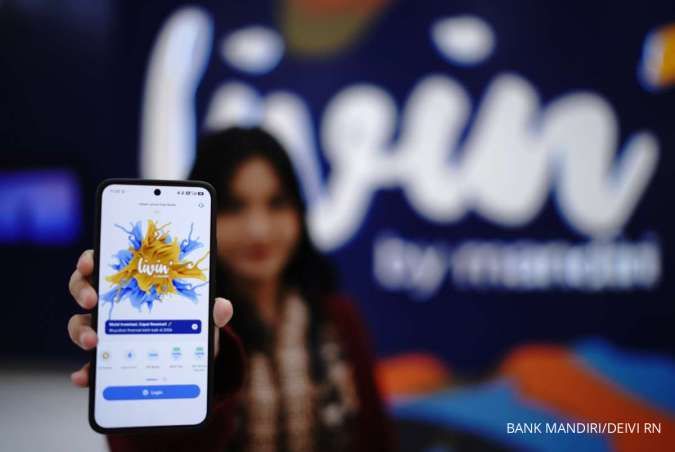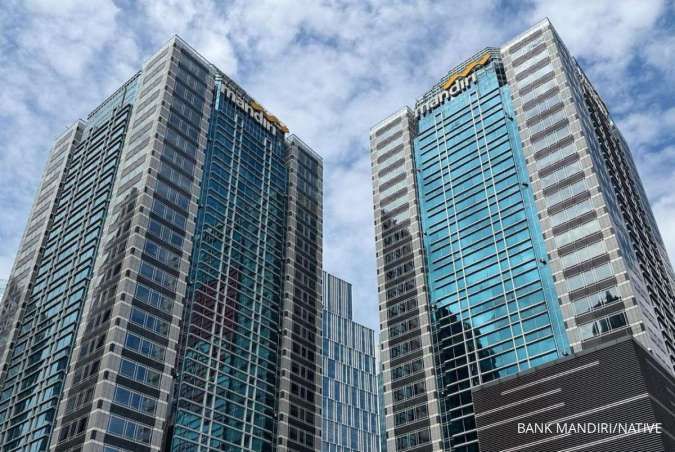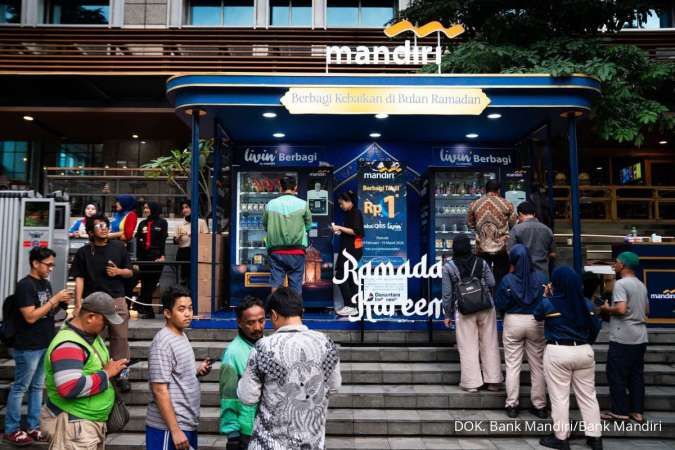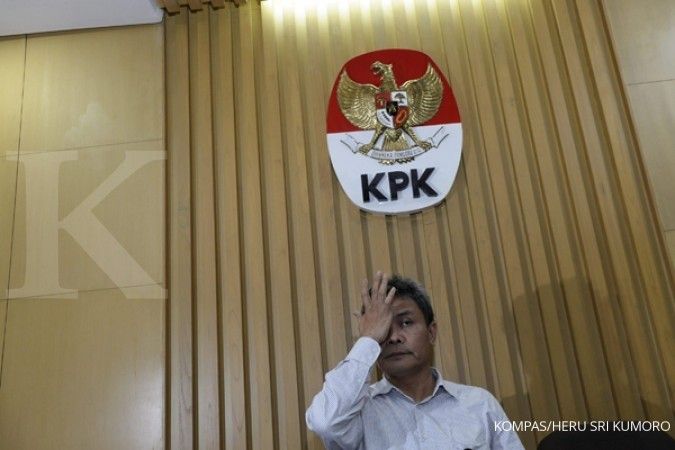JAKARTA. The chairman of the independent team tasked to resolve tensions between the National Police and the Corruption Eradication Commission (KPK), Ahmad Syafii Maarif, urged President Joko “Jokowi” Widodo to fire detective division chief Comr. Gen. Budi Waseso, whom Maarif described as the most responsible person behind the criminalization of those who are critical of the police. The highly respected Maarif blamed Jokowi for failing to stop the police from threatening police critics such as the media, antigraft activists and state agencies that stood behind the KPK during the standoff. “There are many ways of solving this huge problem, but as of now the only solution to stopping the apparent criminalization of dissident voices is for the President to order the acting National Police chief [Badroddin Haiti] to fire Budi [Waseso] who is the main source of the problem,” Maarif told The Jakarta Post on Sunday. “The President has turned this country into a leaderless land. Why does the President keep silent if the police are directly under his control? This criminalization must be stopped and the President must act now,” said the former chairman of the Muhammadiyah. Despite strong warnings from the President, Budi continued spreading his threats against people or institutions that he regarded as “enemies” of the police, including Tempo magazine and former deputy minister of law and human rights Denny Indrayana. The police have named suspended KPK chairman Abraham Samad and his suspended deputy, Bambang Widjojanto, suspects of relatively small crimes. On Saturday, the police also demanded that the National Commission on Human Rights (Komnas HAM) make an apology and retract its public claim that the arrest of suspended KPK deputy chairman Bambang Widjojanto constituted a human rights violation. The move against Komnas HAM took place just days after the police launched an investigation into Tempo magazine for publishing an investigative report on Budi’s suspicious “fat” bank accounts, accusing him of violating both the 1998 Banking Law and the 2010 Money Laundering Law. Budi failed to become National Police chief after the KPK named him a graft suspect. The police’s aggressive moves continue despite earlier orders by Jokowi to stop the criminalization of the KPK and its supporters. On Sunday, Jokowi said he had indeed heard the public demands urging him to stop the criminalization. However, all he did was instruct the police to abide by his orders. Gadjah Mada University Corruption Studies Center director Zainal Arifin Mochtar said it was not enough for Jokowi to just make a public statement. “The President just states his orders without following up on them with concrete actions to check on whether the order has been followed up by his subordinates or not,” said Zainal. Angered by Jokowi’s inaction, dozens of antigraft activists and experts launched a ceremony in Jakarta on Sunday in which they gave a “mandate” to the independent team to stop the criminalization of the KPK and its supporters. (Haeril Halim)
The President should sack Gen. Budi: Maarif
JAKARTA. The chairman of the independent team tasked to resolve tensions between the National Police and the Corruption Eradication Commission (KPK), Ahmad Syafii Maarif, urged President Joko “Jokowi” Widodo to fire detective division chief Comr. Gen. Budi Waseso, whom Maarif described as the most responsible person behind the criminalization of those who are critical of the police. The highly respected Maarif blamed Jokowi for failing to stop the police from threatening police critics such as the media, antigraft activists and state agencies that stood behind the KPK during the standoff. “There are many ways of solving this huge problem, but as of now the only solution to stopping the apparent criminalization of dissident voices is for the President to order the acting National Police chief [Badroddin Haiti] to fire Budi [Waseso] who is the main source of the problem,” Maarif told The Jakarta Post on Sunday. “The President has turned this country into a leaderless land. Why does the President keep silent if the police are directly under his control? This criminalization must be stopped and the President must act now,” said the former chairman of the Muhammadiyah. Despite strong warnings from the President, Budi continued spreading his threats against people or institutions that he regarded as “enemies” of the police, including Tempo magazine and former deputy minister of law and human rights Denny Indrayana. The police have named suspended KPK chairman Abraham Samad and his suspended deputy, Bambang Widjojanto, suspects of relatively small crimes. On Saturday, the police also demanded that the National Commission on Human Rights (Komnas HAM) make an apology and retract its public claim that the arrest of suspended KPK deputy chairman Bambang Widjojanto constituted a human rights violation. The move against Komnas HAM took place just days after the police launched an investigation into Tempo magazine for publishing an investigative report on Budi’s suspicious “fat” bank accounts, accusing him of violating both the 1998 Banking Law and the 2010 Money Laundering Law. Budi failed to become National Police chief after the KPK named him a graft suspect. The police’s aggressive moves continue despite earlier orders by Jokowi to stop the criminalization of the KPK and its supporters. On Sunday, Jokowi said he had indeed heard the public demands urging him to stop the criminalization. However, all he did was instruct the police to abide by his orders. Gadjah Mada University Corruption Studies Center director Zainal Arifin Mochtar said it was not enough for Jokowi to just make a public statement. “The President just states his orders without following up on them with concrete actions to check on whether the order has been followed up by his subordinates or not,” said Zainal. Angered by Jokowi’s inaction, dozens of antigraft activists and experts launched a ceremony in Jakarta on Sunday in which they gave a “mandate” to the independent team to stop the criminalization of the KPK and its supporters. (Haeril Halim)



